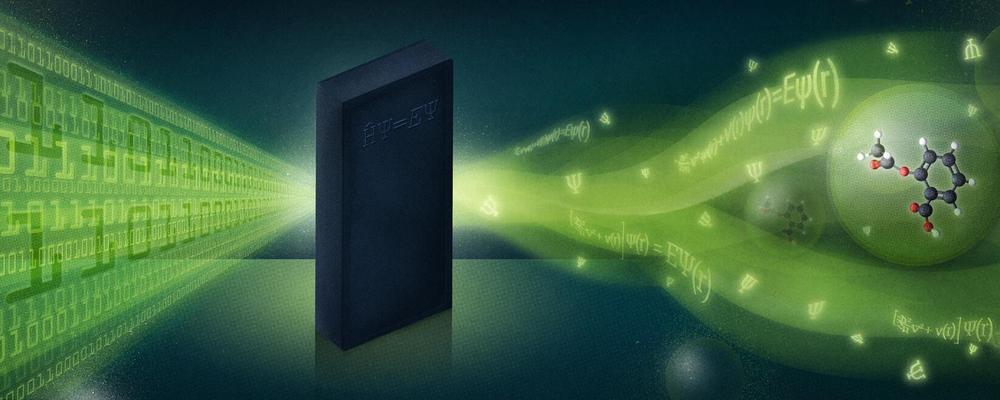The special properties of quantum computers should make them ideal for accurately modelling chemical systems, Philip Ball discovers.
‘If you want to make a simulation of nature,’ the legendary physicist Richard Feynman advised in 1981, ‘you’d better make it quantum-mechanical.’ By ‘nature’, Feynman meant ‘stuff’: the particles and atoms and molecules we’re made from. His comment came in a talk published the following year, and is generally regarded as the founding text of quantum computing. It now looks even more prophetic than ever.
For although we are constantly told that the unique selling point of quantum computers is their enormous speed compared with the classical devices we currently use – a speed-up that exploits the counterintuitive laws of quantum mechanics – it seems that the most immediate benefit will be the one Feynman identified in the first place: we’ll be able to simulate nature better.
